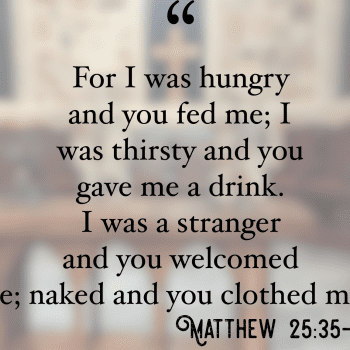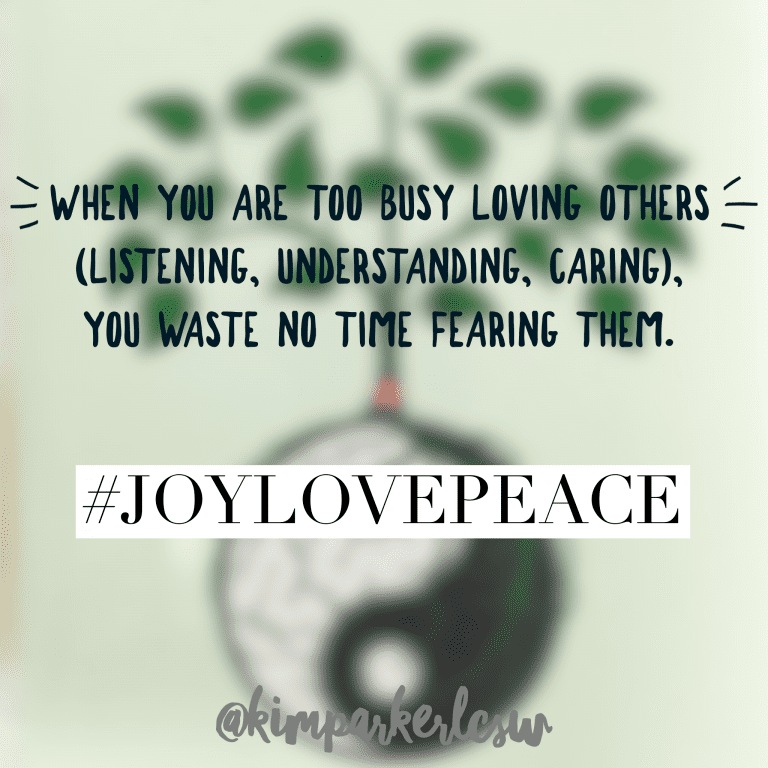Christians who climb on the progressive bandwagon often talk about a Jesus that is “intersectional” — one who confronts and overturns the systems and power structures that promote poverty and marginalization of certain groups of people—mainly women, children, the poor, outcast, the foreigner among us, etc… The more of these factors you have, the exponential your suffering, or so the progressive thinking goes.
Armed with this socio-political framework, many social workers advocate for the empowerment of marginalized people groups, and rightly so. Many Americans promote the cause of social and racial justice, and rightly so. Many fight for a more safe and peaceful society where people truly have equal access to employment, social advancement, and economic opportunities, and rightly so.
Given the identity politics that is prevalent in today’s society, I can easily play up my marginalization card. But my experience with Jesus has been deeply personal and intimate, not political. I see Jesus in everyday folks I meet.
It wasn’t always like this. Growing up as an immigrant American, I was raised by refugee parents who struggled to grieve the loss of their homeland, culture, and socioeconomic status. They did their best and pushed their kids to exceed in school, and assimilate in order to become successful in America. And though it seemed to work on the outside, on the inside, I felt burdened, insecure, needy, unlucky, and confused as a child.
But all those feelings eventually changed. Per my parents’ incessant pressure to study hard, I started bringing in first place in academic competitions in junior high, which gave me confidence. Then I got to attend one of the best college preparatory schools the country had to offer, tuition free, which made me feel out of place when I was attending, but lucky in retrospect. At Polytechnic School, I got to participate in out of state class field trips and studied overseas one summer, which opened my eyes to see a diversity of cultures and lifestyles. Magically, as if overnight, I was no longer scrounging about with the heavy trodden but fellowshipping with the privileged.
To top it off, I got to study in one of the best universities the world has to offer. It was at Stanford University that I became a born again believer, no longer confused but found, surrounded by Hoover Tower thinkers. Equipped with two college degrees and a professional job, and a post depression era sense of frugality, I was able to pay back my college and graduate school loans and earn independent living status. Armed with biblical values and traditional upbringing, I was able to wait for marriage before shacking up with someone.
Today, I’m strong and confident as a woman, not because I’ve fought sexism or misogyny against the menfolk, but because the men have not been any obstacles in my life. I am my own worst enemy, not my imperfect father, brothers, male coworkers, friends, husband, or sons.
I am happy as a person of color, not because I’ve fought any racism in white majority America, but because the white citizens have not been obstacles to my success in this country. I appreciate living in the land of the free where the only limit to my success is my mind. And I continue to focus on improving my lot and those of whom I love.
I am relatively successful as an immigrant turned naturalized citizen, not because I’ve protested against any xenophobia in this country, but because America is a nation of laws allowing a process of legal immigration from which millions throughout the world benefit each year. Furthermore, the American Constitution protects freedom of religion, allowing generous, compassionate people of faith to step up in charity and civic duties to extend a hand of help to the foreigners among us. God bless America and a heartfelt thank you to all veterans and those currently serving.
So when I responded to the calling I felt on my young adult life, to become a helper through the social work profession, to give back to America as I’ve been given, I was able to intersect all my life experiences to make sense. And soon I realized that the small Lutheran Church in a tiny Texas town that sponsored me and my family to immigrate to America was not made up of powerful, racist, oppressive, xenophobic white folks, though on the outside they could easily be mistaken as such. In fact, they were average everyday citizens, middle and working class Americans, saved by grace, faithfully carrying on their Christian faith the best way they knew how.
So, how did I get spared the marginalization, oppression, racism, sexism, xenophobia, or misogyny that is supposedly so prevalent in America? I do not know. My husband and I are raising biracial children in a middle class suburb, surrounded my Christian friends and diverse, multicultural neighbors. At the office, each client that walks through my door is made in the image of God, and each one has blessed me or taught me as much as I’ve been able to “help” them. How did I meet and continue to meet so many good people in life, received so much kindness, generosity, and forgiveness? I’m still not sure. But I’m not complaining or gloating.
How have I, a sinner, nothing special, gotten so blessed in this life? I may never find out on this side of heaven.
But I’m grateful and giving God the glory.
And I’d rather continue to do so.
What about you? Who or what is holding you back?











